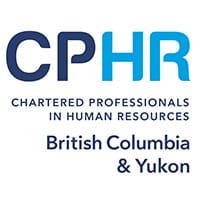When attempting to fill an open position, an organization will likely take numerous steps designed to ensure they find the right individual for the job. Factors such as work history and educational experience are used to build a coherent picture of the candidate from which to make a decision.
Organizations can also use the interview process to further understand the applicant’s personality or fit for the position. Unfortunately, in an effort to get a better sense for a candidate, the interviewer might ask numerous questions that constitute a violation of the British Columbia Human Rights Code.
It is not uncommon for an interviewer to make small talk or casual conversation with an interviewee to set the individual at ease. Unfortunately, these questions can often cross the lines of legality. For example:
- Are you married?
- How old are you?
- Do you have children?
- Are you planning to have more children?
- How’s your health?
- You have an interesting accent. What country are you from?
- Do you like to drink?
While these questions might seem like harmless filler, it is not uncommon for applicants to be rejected on discriminatory grounds based on these types of queries. The interview process must be designed to elicit information about qualifications and job requirements needed for the hiring decision. If an applicant is rejected or a hiring decision is based on personal characteristics, the candidate could claim they were discriminated against during the interview process.
The interview questions, whether on the application or in the in-person discussion, must comply with the Human Rights Code. Employers might face a finding of discrimination even if there was no intention to discriminate. Questions about family or health might seem innocuous and might not be related to the ultimate hiring decision, but they could be distracting and lead the candidate to believe their answers were a critical factor in the selection process. An experienced employment lawyer can assist unsuccessful applicants in determining if they may have a human rights claim, or advise employers on best practices in the interview process.


